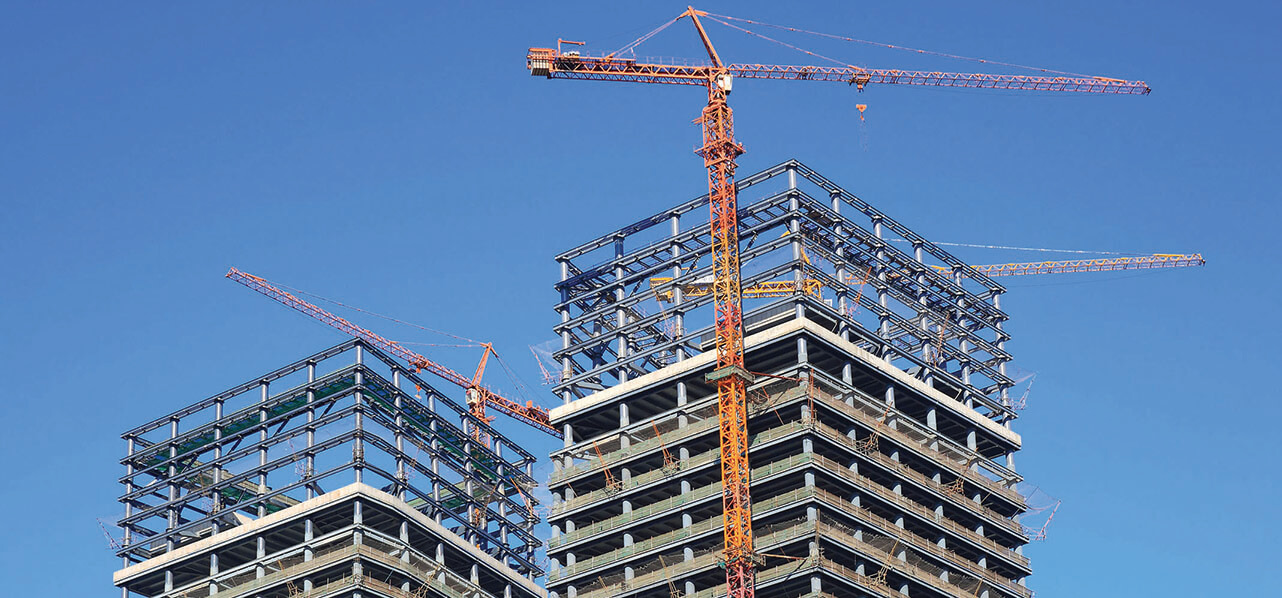Construction financing refers to a short-term loan specifically used to fund the construction of a building or other real estate project. For real estate developers in Nigeria, this financing is essential during the construction phase when the project generates little or no income but requires significant capital to cover costs like land acquisition, materials, labor, permits, and other expenses. Once the construction is completed and the project begins generating income (e.g., through leasing or selling units), the construction loan is typically replaced by permanent financing or paid off with the proceeds from sales. Construction financing may also be a strategic tool for private equity real estate funds pursuing opportunistic and value-add real estate funds that invest in Nigerian real estate development projects to fund new developments or major renovations.
Why is Construction Financing Required?
1. To Cover Upfront Construction Costs: Real estate development in Nigeria is capital-intensive. Before the project generates revenue (e.g., rent or sales), significant funds are needed to cover the cost of land acquisition, construction materials, labor, and other project-related expenses. Construction financing in Nigeria provides this capital.
2. To Bridge the Gap Before Permanent Financing: Construction loans are designed to cover the costs during the build phase. Once the building is completed and stabilized (i.e., leased or sold), permanent financing (like a mortgage) or revenue from the sale of units is used to pay off the construction loan in Nigeria.
3. To Leverage Capital: Real estate developers in Nigeria may want to conserve their capital and instead use leverage to fund a portion of the development costs. By borrowing construction financing, Nigerian real estate developers can spread their capital across more projects.
What are some of the strategic advantages of Construction Financing for Nigerian Real Estate Developers?
Firstly, construction financing provides capital necessary capital to fund large-scale construction projects that would otherwise be impossible to finance with their own resources alone. Construction financing may also provide the benefit of interest-only payments during the construction period, therefore reducing the cash flow burden on the borrower as principal repayments typically occur after the project is completed and generating income.
Construction financing in Nigeria can be structured in a way that matches the cash flow needs of the project thereby providing some level of flexibility. In practice, lenders often provide funds in draws (increments) as certain stages of the construction are completed, reducing the need for large upfront disbursements.
Another key strategic advantage of construction financing is that, it allows real estate developers in Nigeria to leverage their equity, allowing them to undertake larger projects than they could with their own funds. This potentially enhances the return on equity. There is also a potential for higher returns where the project is successful (e.g., the property is sold or leased at high value), thereby generating substantial returns for real estate developers and and investors.
Final Analysis
In our view, there is a huge gap in the construction financing market in Nigeria. A number of factors contribute to this market gap. First, is that of limited access to credit, in that many real estate developers, especially small and medium-sized enterprises (SMEs), face difficulties securing financing due to stringent lending conditions from traditional banks. High collateral requirements and interest rates make it hard for developers to obtain the capital needed to start or complete projects. Also, the mortgage market in Nigeria is still relatively underdeveloped, with low penetration rates compared to other countries. This limits potential homeowners’ ability to access long-term financing, thereby reducing demand for construction projects. Lastly, there are not enough specialised financial institutions focusing on construction and real estate development an Nigerian banks typically prefer short-term, lower-risk lending, which leaves a gap for long-term construction financing.
This publication is not intended to provide legal advice and is not prepared with a specific client in mind. Kindly seek professional advice specific to your situation. You may also reach out to your usual Balogun Harold contact or contact us via support@balogunharold.com for support.


